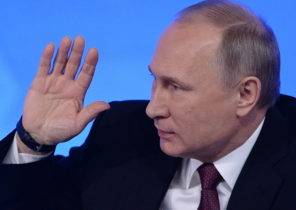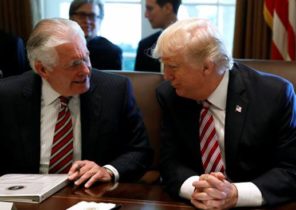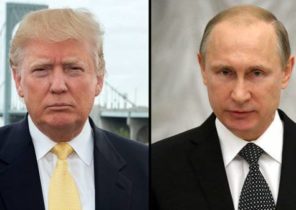
During the financial crisis, I found that refreshing in the memory of economic history, especially of emerging economies, it is often more useful than the usual conversations with influential analysts, looped on the its working only in good weather the economic models. The rise of economic nationalism and the threat against globalization — the use of these concepts means that I once again draw Parallels with emerging markets.
I can’t help but ask myself — can the investment in Western markets to become more similar to investing in emerging markets? Work in emerging markets requires intense focus on the risks and issues of political economy. Investors in the West have long had the opportunity to ignore the political risks and to focus on the prospects of sectors or individual companies. However, the prospect of a new referendum on independence in Scotland is merely the latest in a series of shocks, stunning the institutional foundations of Western countries.
Close monitoring of the strength of political institutions and corporate governance is crucial for successful investments in emerging markets, and it can have a profound impact on assessment and the expectations associated with long-term growth. Our analysis suggests that country-specific risks can define up to half of the income of the investors.
After the crisis, some domestic sector are significantly affected by this factor. American banks over the past 12 months increased by 51%, whereas British banks, according to international investors, fell by 21%. Emerging markets are telling us that economic nationalism is often inflationary. In the West, after over-reliance on monetary policy welcome relazione change of regime in trade, as well as in fiscal and regulatory policy.
However, the experience of emerging markets suggests that we should carefully follow the development of this process. In the early stages of programme implementation, the reactivation of the economy often is a good thing, as it increases employment. Later, however, the situation in emerging markets begins to differ. Some achieve great success. As for the other, they are faced with weak investment and low productivity, and the combination of rising inflation and increasing inequality can fuel the politics of anger.
Currency volatility is higher when the economic nationalists. Emerging markets can also show us that populism is contagious. Everywhere in Europe, populist parties are able to exert a material impact on the outcome of the election in the Netherlands, France and Italy. The feedback loop from election in the United States and a referendum in the United Kingdom also has a strong effect on the debate in Europe.
Populists, tend to exert more political pressure on the institutional framework in their country. Although we face growing challenges — not least with the question of the independence of Central banks, we believe that the power of Western institutions will ensure victory. However, this path does not have to be negative. The threat of protectionism may force to pursue a more active policy to increase economic growth in the country — and in Europe this is very much in need. Historical Parallels can bring us only to this point.
Together with the rise of economic nationalism impact on work, culture and politics are also profound shifts in technology. Because technological changes are commonplace, then this impact will increase. The destabilization of markets and economies is the consequence of this, a different distribution of economic and financial gain — the result. The guiding principle for investors over the past 30 years has been convergence — whether it’s emerging markets catching up with the developed or Eastern European and southern European economies, converging with Western Europe.
Quantitative easing has helped to suppress the divergence, however, it no longer cannot be taken for granted. If we’re going to invest in a more divergent world, then it is important to have a set of tools for emerging markets — along with the understanding of how technologies are changing society and markets.
Hugh van Stenis is global head of strategy of the company Schroders.







